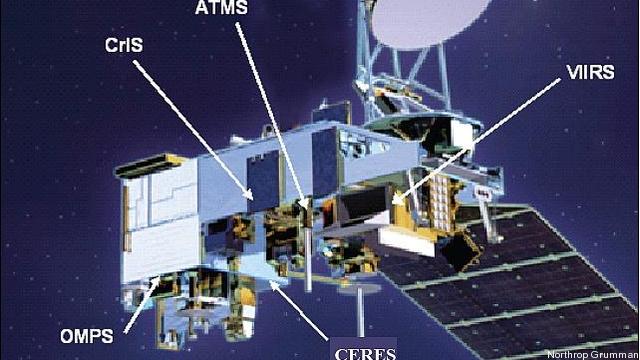 UPDATED: ADDS Comment By Rep. Mike Rogers, new chairman of HASC strategic force subcommittee.
UPDATED: ADDS Comment By Rep. Mike Rogers, new chairman of HASC strategic force subcommittee.
CAPITOL HILL: Less than five years ago, almost every major unclassified space program was grossly over budget and behind schedule.
The rock stars of rottenness were the weather satellite program known as NPOESS and the missile warning satellite program called SBIRS, but they were not alone. These problems ate at the soul of the Air Force and the space community, which had both been justifiably proud of the remarkable accomplishments they had wracked up during the first quarter century of the space age.
Now the Government Accountability Office — which most people in industry and many in the Pentagon will tell you never met a program it liked — has given its tentative stamp of approval to space acquisition with a report bearing this euphonious title: “DOD Is Overcoming Long-Standing Problems, but Faces Challenges to Ensuring Its Investments Are Optimized.” It sounds as if space acquisition is halfway out of the woods.
Here’s the nub of the GAO testimony delivered before House Armed Services strategic forces subcommittee:
“For the portfolio of major satellite programs, new cost and schedule growth is not as widespread as it was in prior years, but DOD is still experiencing problems. For example, total program costs have increased approximately $180 million from a baseline of $4.1 billion for one of two satellite programs that are in the earlier phases of acquisition. Though satellite programs are not experiencing problems as widespread as in years past, ground control systems and user terminals in most of DOD’s major space system acquisitions are not optimally aligned, leading to underutilized satellites and limited capability provided to the warfighter.”
GAO’s Cristina Chaplain delivered the verdict. It’s encouraging that she highlighted the ground station problem, which has plagued space for much of the last decade.
In his opening statement at his first oversight hearing as subcommittee chairman, Rep. Mike Rogers of Alabama (home to Huntsville, center of Army space and rocketry) offered praise to the Air Force and senior OSD officials testifying: “After years of massive cost and 3 schedule overruns, we have entered a new period of stable procurement and incremental development.”
Those scheduled to testify: Gil Klinger, deputy assistant defense secretary for space and intelligence acquistion; Doug Loverro, DASD for Space Policy; and, most interestingly, Betty Sapp, director of the National Reconnaissance Office’s (builder and operator of America’s spy satellites).






















Comments